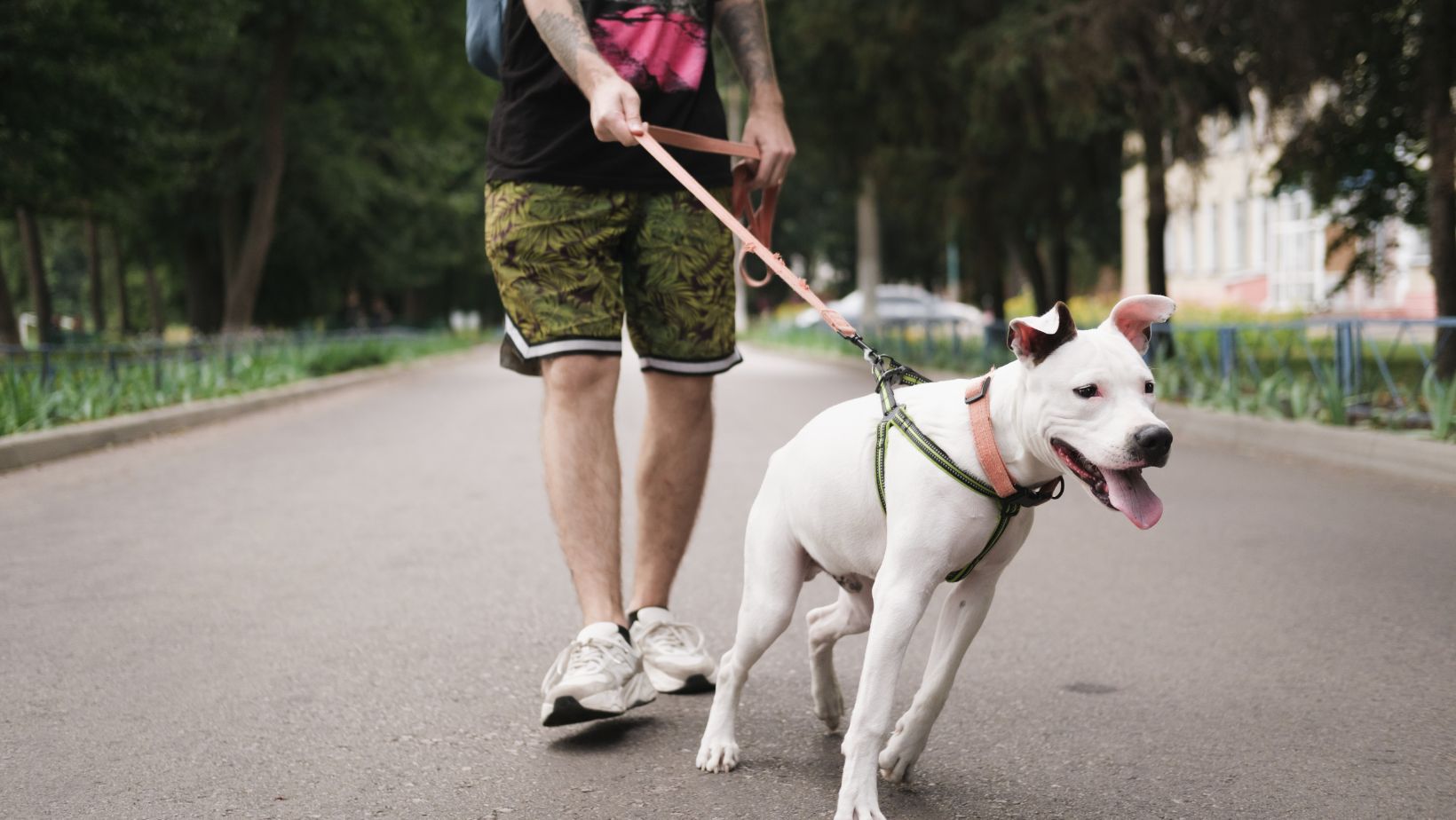Are you tired of dealing with a reactive dog? I know firsthand how challenging it can be to handle a dog that reacts strongly to certain triggers. That’s why I’m here to share some expert tips and strategies on how to stop a reactive dog. With the right approach, patience, and consistent training, you can help your furry friend overcome their reactive behavior and live a happier, more relaxed life.
One important aspect of managing reactivity in dogs is understanding the underlying causes. Reactive behavior can stem from fear, anxiety, past trauma, or lack of socialization. By identifying the root cause of your dog’s reactivity, you’ll be better equipped to address it effectively.
When working with a reactive dog, it’s crucial to create a calm and controlled environment during training sessions. Start by gradually exposing your dog to the trigger at a distance where they feel comfortable. Use positive reinforcement techniques such as treats or praise when they exhibit calm behavior in the presence of the trigger. Over time, gradually decrease the distance between your dog and the trigger while rewarding them for remaining composed.
How to Stop a Reactive Dog
When it comes to training a reactive dog, positive reinforcement is a highly effective and humane approach. It involves rewarding desired behaviors to encourage their repetition while ignoring or redirecting unwanted behaviors. By focusing on the positive, you create an environment that motivates your dog to learn and make better choices.
One key aspect of using positive reinforcement is timing. The reward should be given immediately after the desired behavior occurs so that your dog associates the action with the consequence. This helps reinforce the idea that good behavior leads to pleasant outcomes, encouraging them to continue exhibiting those behaviors.
To implement positive reinforcement effectively, start by identifying specific behaviors you want to reinforce in your reactive dog. For example, if your dog tends to bark aggressively when encountering other dogs on walks, you can reward them for remaining calm and focused during these encounters. Use treats or verbal praise as rewards immediately after they exhibit the desired behavior.

Reward-based Training Methods
Reward-based training methods are closely tied to positive reinforcement techniques. They involve using rewards such as treats, toys, or praise as incentives for good behavior. By associating these rewards with desirable actions, you can motivate your reactive dog to make more positive choices.
It’s important to select appropriate rewards based on what motivates your individual dog. Some may be food-driven and respond well to treats during training sessions, while others may prefer playtime or affectionate praise as their primary form of reward. Experiment with different types of rewards to find what works best for your canine companion.
Building Trust and Confidence in Your Reactive Dog
Reactive dogs often struggle with fear, anxiety, or a lack of confidence. To address these underlying issues, it’s essential to focus on building trust and fostering a positive association with triggers that typically provoke reactive behavior.
One effective method is counter-conditioning, which involves gradually exposing your dog to its triggers in a controlled environment while pairing the experience with something positive. For example, if your dog reacts negatively to other dogs, you can start by introducing them to calm and well-behaved dogs from a distance. As they remain calm during these encounters, reward them with treats or praise.
In conclusion, every dog is unique and may require different approaches. It’s essential to consult with a professional trainer or behaviorist who specializes in working with reactive dogs if you’re struggling or unsure about how to proceed. Together with proper guidance and dedication, you can help your reactive pup become more confident and balanced.